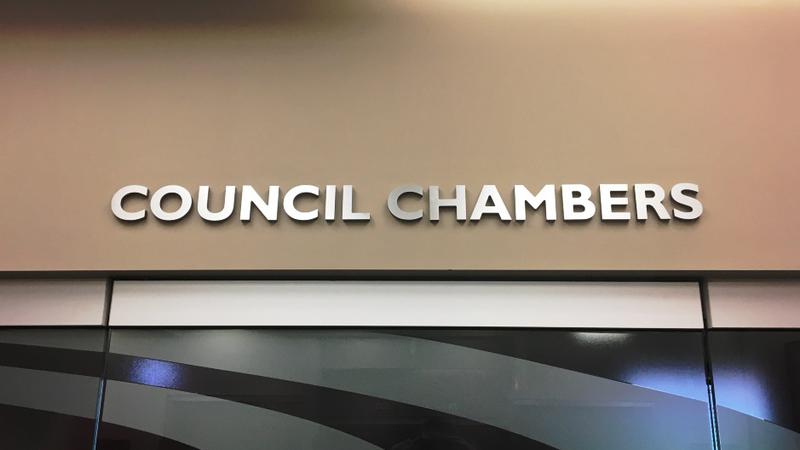
Council asks City staff to find $13 million in savings for 2021
Red Deer city council has instructed administration to find $20 million in operating savings over the next two years, including more than $13 million 2021 alone.
Council set that wish and several other guidelines for capital and operating budget in stone during their meeting on Monday.
Debate for each is scheduled for Nov. 30-Dec. 4, a vast departure from the typical process of holding capital budget over two days in November, then operating budget over up to two weeks in January.
Guidelines include:


